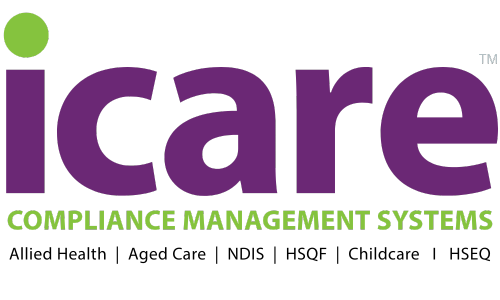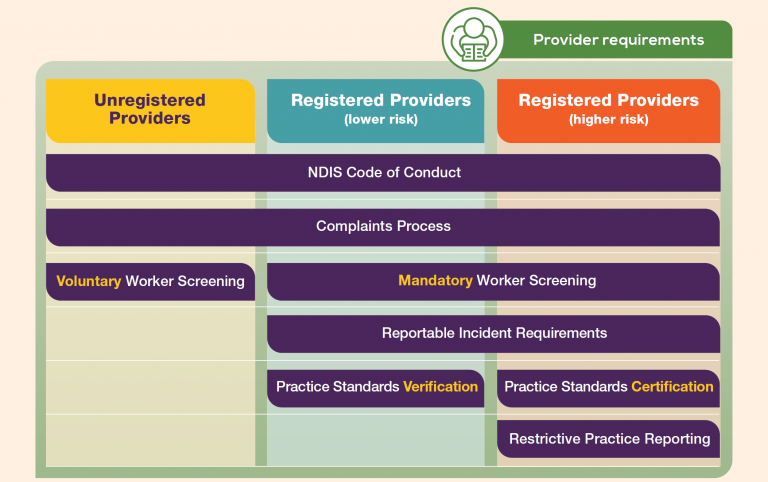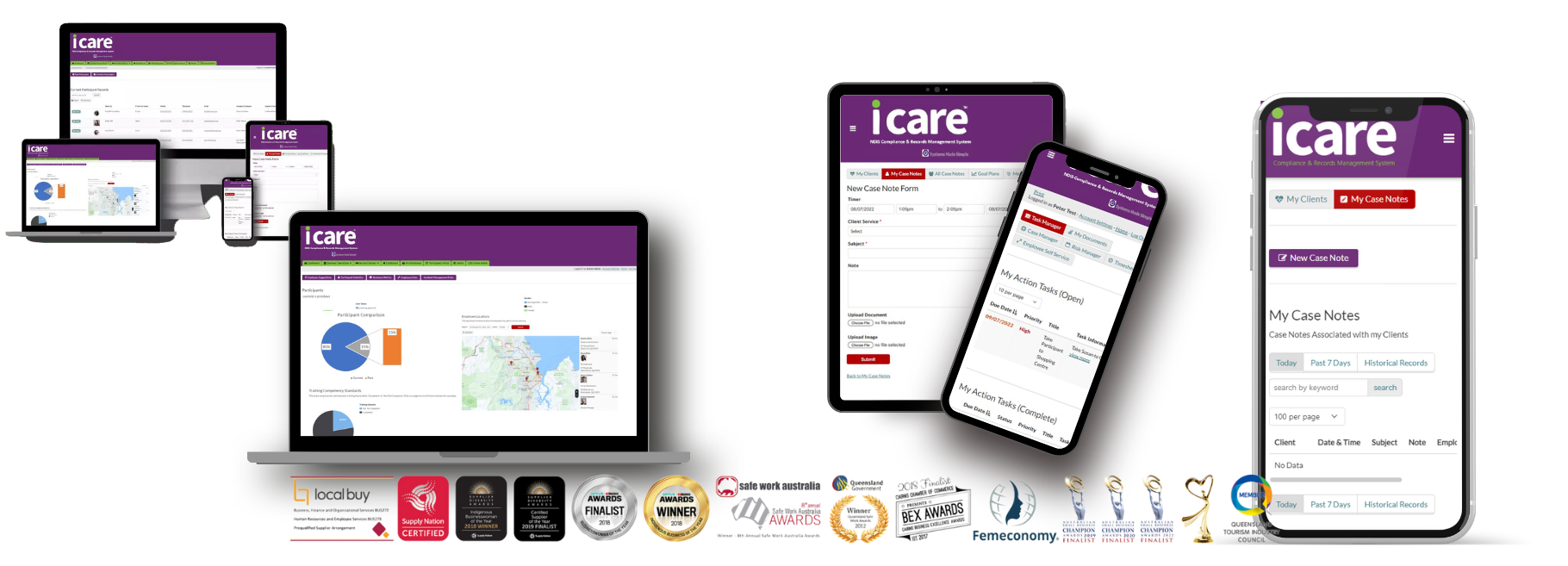Unveiling the Core Module of NDIS Practice Standards: Ensuring Rights, Responsibilities, and Quality Supports
Introduction:
The National Disability Insurance Scheme (NDIS) Practice Standards play a vital role in shaping the delivery of high-quality supports and services to NDIS participants. The core module of the NDIS Practice Standards encompasses fundamental aspects that drive person-centered care and empowerment. In this blog post, we will explore the key components of the core module, including the rights of participants, responsibilities of providers, governance and operational management, delivery of supports, and the supportive environment.
- Upholding Rights of Participants:
The core module of the NDIS Practice Standards places utmost importance on safeguarding the rights of NDIS participants. These rights include:
a. Autonomy and Choice: Participants have the right to exercise control over their supports, make decisions about their lives, and choose their service providers.
b. Dignity and Respect: Participants should be treated with dignity and respect, acknowledging their individuality, cultural background, and personal preferences.
c. Privacy and Confidentiality: Providers must maintain confidentiality and protect the privacy of participants, ensuring that their personal information is kept secure.
d. Non-discrimination: Participants should not face any form of discrimination based on their disability, gender, race, sexuality, or other protected attributes.
- Responsibilities of Providers:
In addition to upholding the rights of participants, NDIS providers have specific responsibilities. These include:
a. Person-Centered Approach: Providers should adopt a person-centered approach, ensuring that supports are tailored to meet the unique needs, goals, and aspirations of each participant.
b. Effective Communication: Providers should establish open and transparent communication channels, enabling participants to actively engage in decision-making processes and express their preferences.
c. Safety and Well-being: Providers must prioritize the safety and well-being of participants, implementing measures to prevent harm, abuse, neglect, and promoting a supportive and inclusive environment.
d. Service Provision and Quality: Providers are responsible for delivering high-quality supports that are safe, effective, and aligned with the goals and needs of participants.
- Governance and Operational Management:
The core module also emphasizes the significance of strong governance and operational management within NDIS providers. This includes:
a. Leadership: Providers should demonstrate effective leadership, fostering a culture of transparency, accountability, and continuous improvement.
b. Financial Management: Providers must have sound financial practices in place, ensuring financial stability and sustainability.
c. Risk Management: Providers need to identify and mitigate risks, including those related to participant safety, data security, and service delivery.
d. Compliance: Providers must comply with all legal, ethical, and regulatory requirements, including NDIS guidelines and policies.
- Delivery of Supports:
The core module highlights the importance of delivering supports that are of high quality, safe, and individualized. This includes:
a. Skilled Workforce: Providers should have qualified and trained staff who possess the necessary skills and knowledge to deliver supports effectively.
b. Person-Centered Planning: Supports should be based on person-centered planning, involving participants and their families in the decision-making process.
c. Timeliness and Accessibility: Providers should ensure that supports are delivered in a timely manner, and that participants can access services without unnecessary barriers.
- Supportive Environment:
Lastly, the core module emphasizes the creation of a supportive environment where participants can thrive. This includes:
a. Respectful Culture: Providers should foster a culture of respect, inclusivity, and empathy, where participants feel valued and heard.
b. Feedback Mechanisms: Providers must establish effective feedback mechanisms, encouraging participants to provide input and express concerns or suggestions.
c. Continuous Improvement: Providers should strive for continuous improvement, regularly evaluating and enhancing their practices to better meet the needs and expectations of participants.






